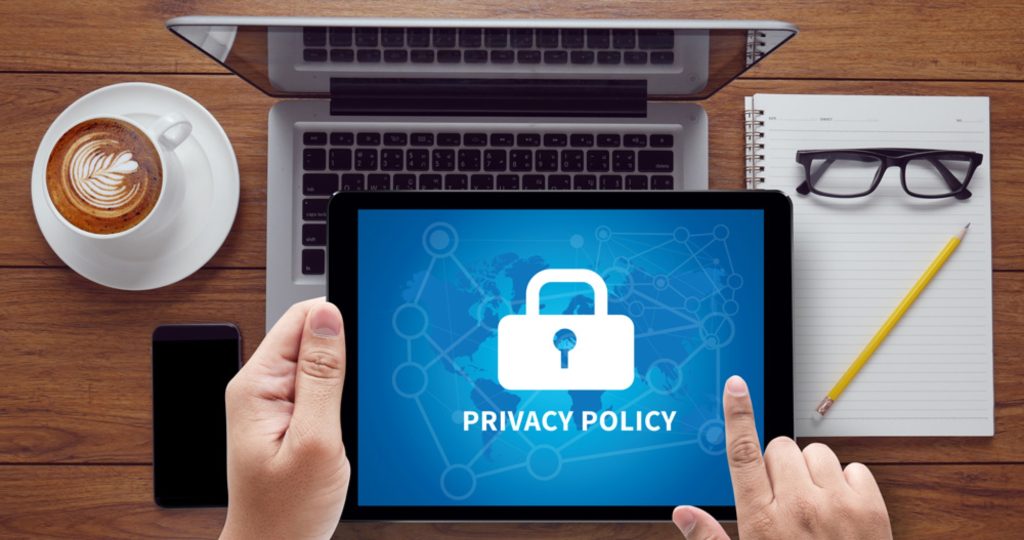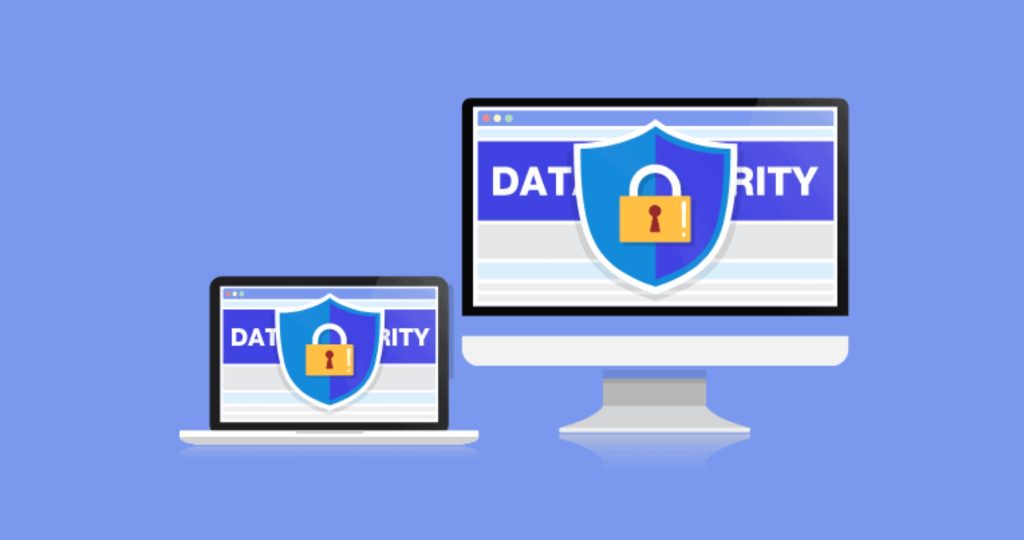As technology advances, internet privacy has become one of the most pressing concerns for individuals and organizations alike. With the growing reliance on the internet for everything from communication to financial transactions, safeguarding internet privacy has become an essential part of network security. The intersection of privacy concerns and the need for robust network security measures is at the heart of the digital age, where threats such as hacking, data breaches, and unauthorized surveillance continue to rise.

In this article, we will explore how internet privacy is crucial for protecting sensitive data, the technologies used to maintain privacy online, and the growing challenges faced by both individuals and companies in safeguarding their digital footprints.
1. What is Internet Privacy?
- Internet privacy, often referred to as online privacy, is the concept of safeguarding personal information that is shared, stored, or transmitted online. It involves protecting sensitive data such as browsing history, login credentials, financial information, and personal communications from unauthorized access or exploitation.
- In today’s interconnected world, internet privacy encompasses more than just protecting personal information from cybercriminals. It also involves ensuring that businesses handle user data responsibly and comply with regulations designed to protect user privacy, such as the General Data Protection Regulation (GDPR) and the California Consumer Privacy Act (CCPA).
2. How Internet Privacy Relates to Network Security
- While network security focuses on protecting the integrity of systems and data from external threats, internet privacy focuses specifically on safeguarding personal and sensitive information that individuals and organizations transmit over the web. Both concepts are closely related and must be prioritized together to ensure comprehensive protection in the digital realm.
- Network security encompasses a wide range of measures to protect data from cyberattacks, including firewalls, intrusion detection systems, and encryption. However, without considering internet privacy, users remain vulnerable to privacy invasions that could lead to identity theft, financial fraud, or the unauthorized use of personal data.
For example, even if an organization has strong network security measures in place, if the data stored within its systems is not encrypted or properly managed, it could still be exposed in a data breach, leading to significant privacy concerns. This highlights the critical need to prioritize internet privacy as part of an overall network security strategy.
3. Key Technologies Protecting Internet Privacy
- Several technologies are employed to protect internet privacy and enhance network security. Here are some of the most widely used methods:
3.1. Encryption
- Encryption is one of the most powerful tools used to protect internet privacy. By converting data into unreadable formats, encryption ensures that even if sensitive information is intercepted, it cannot be accessed without the correct decryption key. End-to-end encryption (E2EE) is commonly used for messaging apps like WhatsApp and email services, ensuring that only the sender and recipient can read the messages.
- For network security, encryption protocols like SSL/TLS are used to secure web traffic. These protocols protect data transmitted between users and websites by creating a secure, encrypted connection that prevents third parties from snooping on or altering the data.
3.2. Virtual Private Networks (VPNs)
- A VPN is an essential tool for maintaining internet privacy. By routing internet traffic through an encrypted tunnel, a VPN ensures that users’ browsing activity is shielded from hackers, ISPs (Internet Service Providers), and even government surveillance. VPNs are commonly used to protect online privacy when accessing public Wi-Fi networks, where the risk of data interception is high.
- In addition to enhancing privacy, VPNs also provide network security by masking the user’s IP address, making it difficult for attackers to trace online activity back to an individual.
3.3. Two-Factor Authentication (2FA)
- Two-factor authentication (2FA) is an important security feature that adds an extra layer of protection for online accounts. By requiring users to verify their identity using two forms of authentication—typically something they know (password) and something they have (a one-time code sent to their phone)—2FA makes it significantly harder for attackers to gain unauthorized access.
- 2FA plays a critical role in maintaining internet privacy by ensuring that even if a hacker obtains a user’s password, they cannot access the account without the second factor of authentication.
3.4. Privacy-Focused Browsers and Search Engines
- Browsers and search engines are a gateway to the internet, and many popular options collect data on users’ activities. However, there are privacy-focused alternatives that are designed to protect internet privacy. For instance, browsers like Brave and Tor allow users to browse the web anonymously, blocking trackers and protecting personal information from advertisers and other third parties.
- Search engines like DuckDuckGo also prioritize privacy by not tracking users’ search history or personal information, in contrast to more mainstream search engines that collect data for targeted advertising purposes.
4. Challenges to Internet Privacy and Network Security
While technologies like encryption and VPNs have enhanced internet privacy, several challenges remain that make it difficult to fully protect online privacy:
4.1. Increasing Sophistication of Cyberattacks
- Cybercriminals are constantly evolving their techniques to bypass security measures and steal sensitive data. Phishing attacks, malware, ransomware, and data breaches have become more sophisticated, making it difficult for even the most advanced network security systems to protect against them.
- The rise of deepfake technology and social engineering techniques also presents new threats to internet privacy, as attackers exploit human behavior rather than relying solely on technical vulnerabilities.
4.2. Data Collection and Surveillance
- In addition to external threats, internet privacy is also compromised by widespread data collection and surveillance by companies and governments. Many organizations track user activities for marketing purposes, while governments often engage in mass surveillance under the guise of national security. This has led to concerns about privacy invasions and the erosion of civil liberties.
4.3. Internet of Things (IoT) Vulnerabilities
- The growing number of IoT devices—from smart home appliances to wearable devices—has created new opportunities for cybercriminals to exploit vulnerabilities. Many IoT devices collect vast amounts of personal data, but often lack robust network security and privacy protections. This opens the door for attackers to access sensitive information or take control of these devices remotely.
5. The Future of Internet Privacy and Network Security
- As technology continues to evolve, so too must the methods used to protect internet privacy and ensure network security. The future of online privacy will likely involve increased integration of artificial intelligence (AI) and machine learning (ML), which can help detect threats in real-time and predict potential attacks before they occur. These technologies will improve the ability to safeguard sensitive data and protect against emerging cyber threats.
- Additionally, global privacy regulations are likely to become stricter, with more governments pushing for stronger protections of internet privacy. The GDPR and CCPA are just the beginning, and more regulations may be implemented to ensure that companies handle user data responsibly and transparently.
6. Conclusion
- In conclusion, internet privacy is a fundamental component of network security in the digital age. As the internet becomes increasingly integral to our lives, it is essential to take steps to protect personal information and ensure that sensitive data is not exposed to unauthorized parties. Technologies such as encryption, VPNs, and 2FA play a crucial role in maintaining privacy, while privacy-focused services and regulatory frameworks help create a safer online environment.
- However, the ongoing evolution of cyber threats means that both individuals and organizations must remain vigilant and proactive in safeguarding internet privacy. By continuously updating security measures and staying informed about the latest threats, we can protect ourselves from the growing risks in the digital world.

